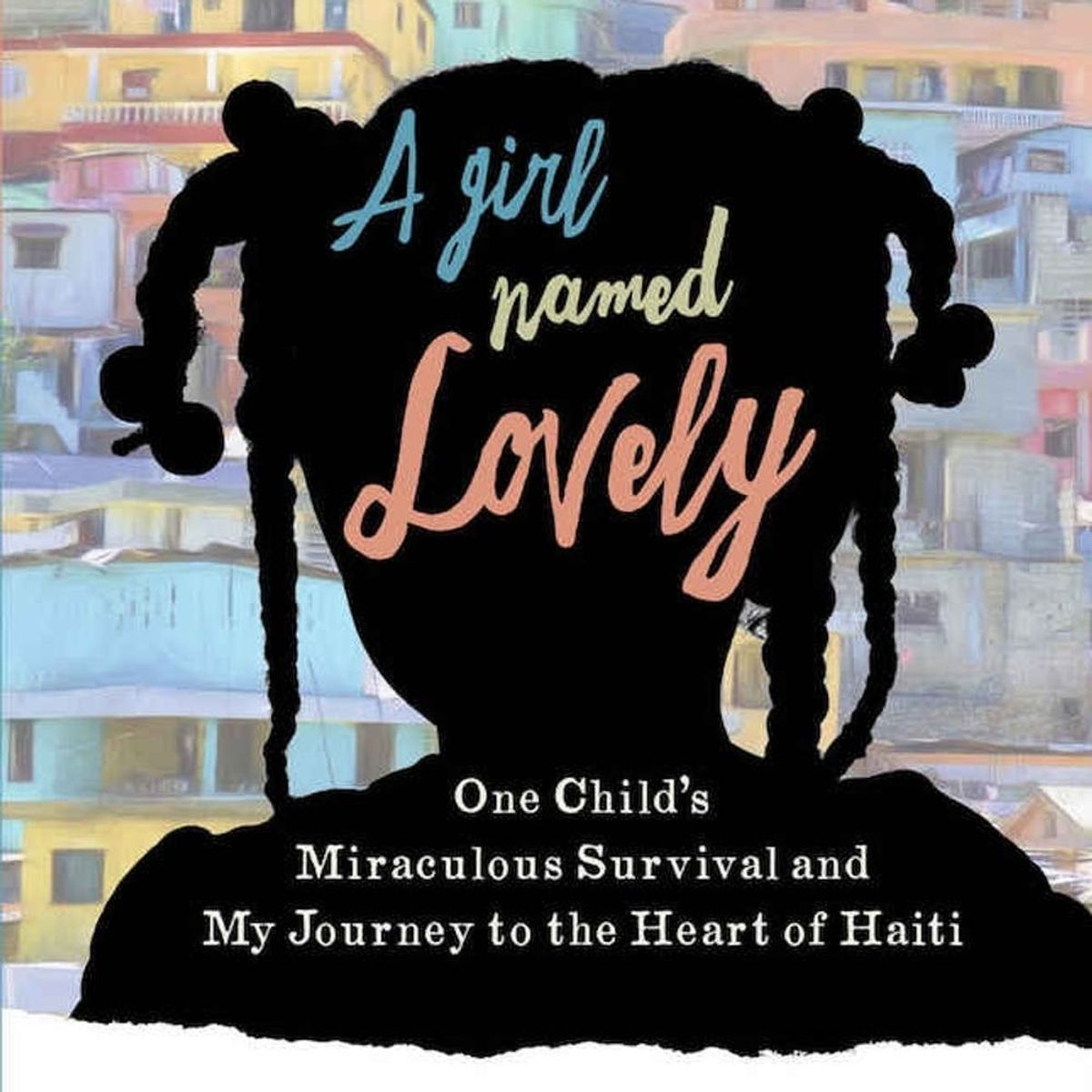Women who made a difference.
3 New Books About Women on the Front Lines of History

By Ilana LucasMar 03, 2019
Ilana Lucas
Ilana is an English professor, theatre consultant and playwright based in Toronto, Canada. When she’s not at the theatre or insisting that literary criticism can be fun, she’s singing a cappella or Mozart, occasionally harmonizing with the symphony, or playing “Under Pressure” with her rock handbell group, Pavlov’s Dogs.
When it comes to the history books, women are often sidelined rather than underlined. In this week’s book club are three new volumes about women who have put themselves on the front lines and headlines of history. Spanning hundreds of years and all set in different countries, the books feature women who used what opportunities they had to make a difference.
<em>Devices and Desires: Bess of Hardwick and the Building of Elizabethan England</em>
 Potent and persistent, Bess Hardwick has been negatively characterized by male historians over the centuries as calculating, ambitious and tough — strangely enough, words that seem to inspire positive sentiments when applied to her male counterparts. Smeared as a serial widow who left a trail of dead husbands and their inheritances in her wake, Bess was actually far more interested in creating than destruction. Incredibly rare for her time, she was responsible for commissioning the building of several large and impressive estates around the English countryside, in particular, the famous Hardwick Hall.
Potent and persistent, Bess Hardwick has been negatively characterized by male historians over the centuries as calculating, ambitious and tough — strangely enough, words that seem to inspire positive sentiments when applied to her male counterparts. Smeared as a serial widow who left a trail of dead husbands and their inheritances in her wake, Bess was actually far more interested in creating than destruction. Incredibly rare for her time, she was responsible for commissioning the building of several large and impressive estates around the English countryside, in particular, the famous Hardwick Hall.
<em>Louisa on the Front Lines: Louisa May Alcott in the Civil War</em>
 When Louisa May Alcott was asked by avid fans how much of her wildly popular novel, Little Women, was based in real autobiographical detail, she would respond, “Mr. March did not go to the war, but Jo did.” Jo, the spunky, bright heroine of Alcott’s novel, was a writer like Alcott herself, and shared with her many other attributes. One thing Jo March never did, however, was serve at the front lines of the Civil War; that was the job of her creator. Alcott’s father was an idealist above all else, who did not believe in being paid for his work. Attempting to compensate so that the family could be fed, her mother Abba became Boston’s first paid social worker. Highly educated and progressive like her intellectually rich but cash-poor parents, Alcott was a fierce abolitionist; John Brown was a family friend, and Harriet Tubman had stayed at the family home.
When Louisa May Alcott was asked by avid fans how much of her wildly popular novel, Little Women, was based in real autobiographical detail, she would respond, “Mr. March did not go to the war, but Jo did.” Jo, the spunky, bright heroine of Alcott’s novel, was a writer like Alcott herself, and shared with her many other attributes. One thing Jo March never did, however, was serve at the front lines of the Civil War; that was the job of her creator. Alcott’s father was an idealist above all else, who did not believe in being paid for his work. Attempting to compensate so that the family could be fed, her mother Abba became Boston’s first paid social worker. Highly educated and progressive like her intellectually rich but cash-poor parents, Alcott was a fierce abolitionist; John Brown was a family friend, and Harriet Tubman had stayed at the family home.
<em>A Girl Named Lovely: One Child’s Miraculous Survival and My Journey to the Heart of Haiti</em>
 “In the late afternoon of January 12, 2010, an earthquake struck Haiti near the town of Léogâne, twenty-five kilometers outside the country’s already destitute capital, Port-au-Prince. The destruction was unlike anything the world had seen since World War II: as many as 300,000 people killed, another 300,000 injured, 1.5 million made homeless. The carnage was caused not just by the earthquake, which was 7.0 on the Richter scale, but also by decades of neglect and poverty…Haiti would soon claim a second title: the recipient of the world’s largest international aid effort, an accolade that would in time reveal itself to be a mixed blessing. But in those first fragile days after the earthquake, hundreds of people were dug out from the wreckage, to the cheers of rescue crews. Each one was considered sacred. Six days after the earthquake, a two-year-old girl – covered in dust and crying for her mother – was hauled out from a broken home. Her name was Lovely, and she would become sacred to me.”
“In the late afternoon of January 12, 2010, an earthquake struck Haiti near the town of Léogâne, twenty-five kilometers outside the country’s already destitute capital, Port-au-Prince. The destruction was unlike anything the world had seen since World War II: as many as 300,000 people killed, another 300,000 injured, 1.5 million made homeless. The carnage was caused not just by the earthquake, which was 7.0 on the Richter scale, but also by decades of neglect and poverty…Haiti would soon claim a second title: the recipient of the world’s largest international aid effort, an accolade that would in time reveal itself to be a mixed blessing. But in those first fragile days after the earthquake, hundreds of people were dug out from the wreckage, to the cheers of rescue crews. Each one was considered sacred. Six days after the earthquake, a two-year-old girl – covered in dust and crying for her mother – was hauled out from a broken home. Her name was Lovely, and she would become sacred to me.”
The Latest
Make Your Inbox Your Happy Place
Get freebies, inspo, & more delivered to you.
















